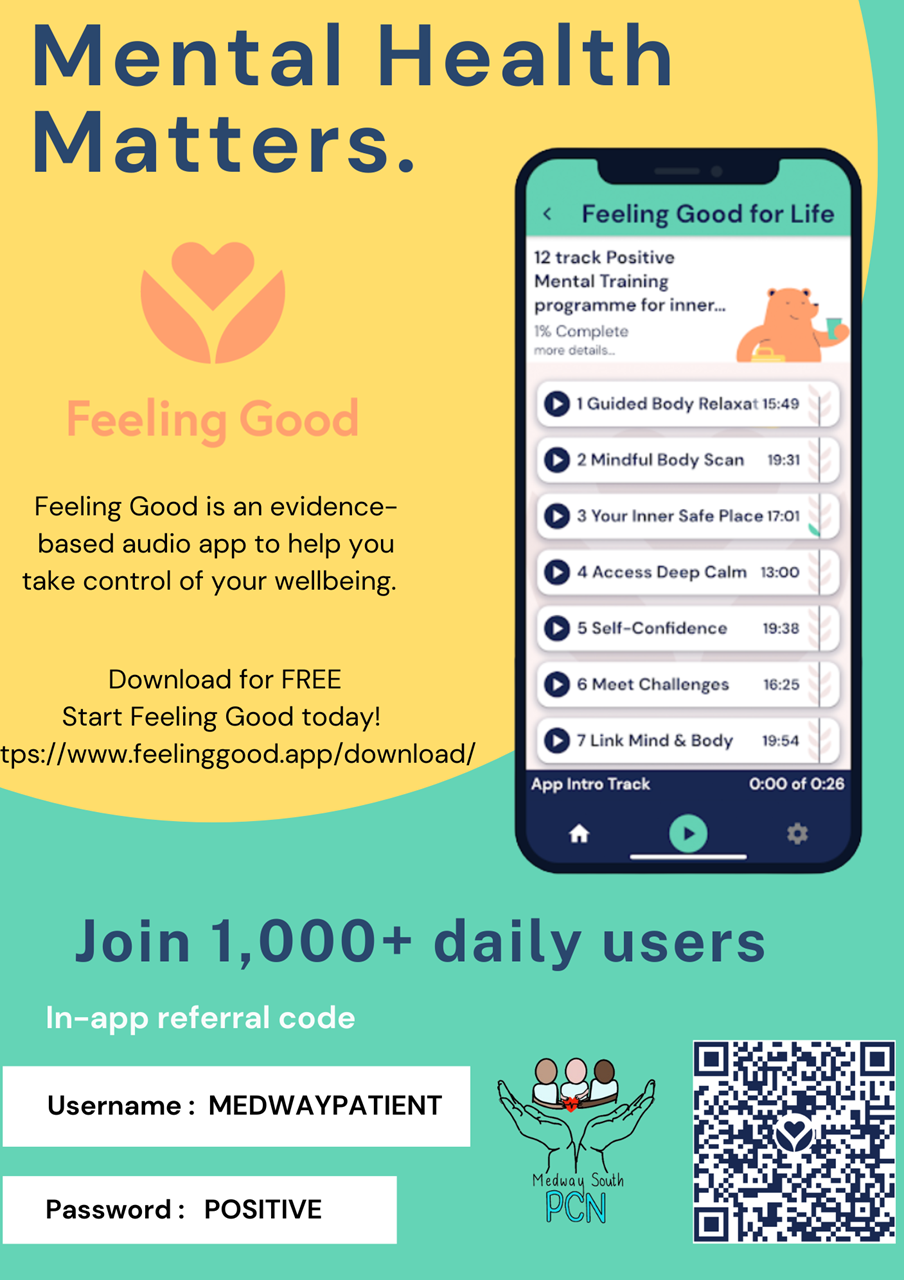Since the NHS was created in 1948, the population has grown and people are living longer. Many people are living with long term conditions such as diabetes and heart disease or suffer with mental health issues and may need to access their local health services more often.
To meet these needs, GP practices are working together with community, mental health, social care, pharmacy, hospital and voluntary services in their local areas in groups of practices known as primary care networks (PCNs).
PCNs build on existing primary care services and enable greater provision of proactive, personalised, coordinated and more integrated health and social care for people close to home. Clinicians describe this as a change from reactively providing appointments to proactively caring for the people and communities they serve.
Each of the 1,250 PCNs across England are based on GP registered patient lists, typically serving natural communities of between 30,000 to 50,000 people (with some flexibility). They are small enough to provide the personal care valued by both people and GPs, but large enough to have impact and economies of scale through better collaboration between GP practices and others in the local health and social care system.
PCNs are led by clinical directors who may be a GP, general practice nurse, clinical pharmacist or other clinical profession working in general practice.
Over 99% of general practices are part of a PCN, who sign up to the Network Contact DES which details their core requirements and entitlements.
Find out more through a collection of case studies from across the country where PCNs are working to make a difference to staff and patients.
